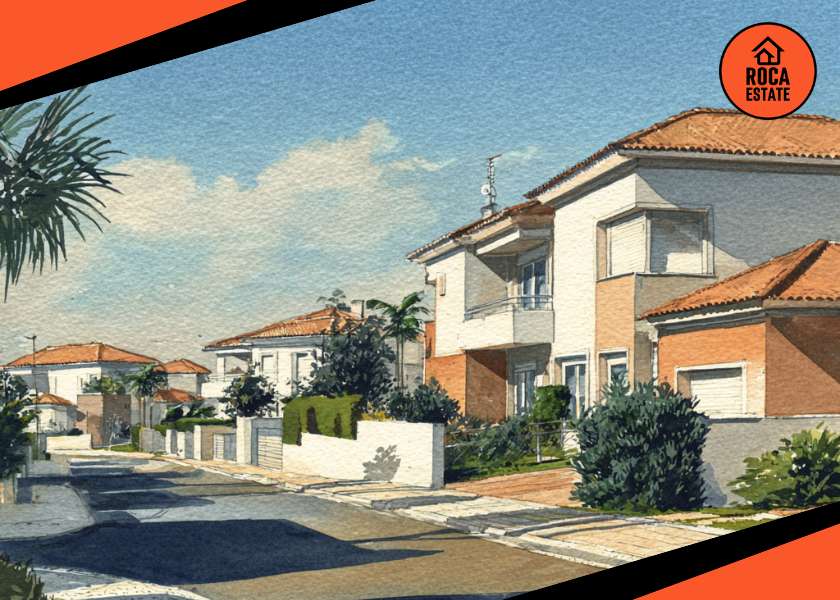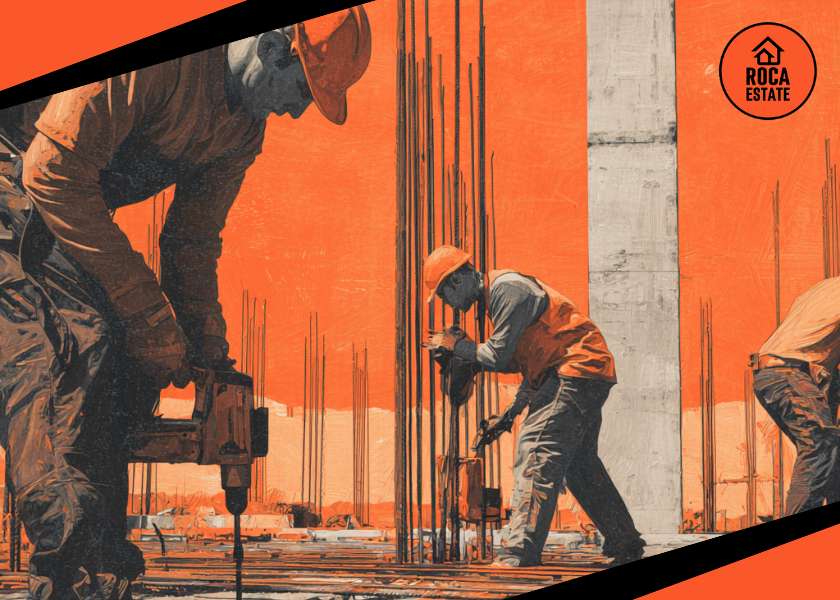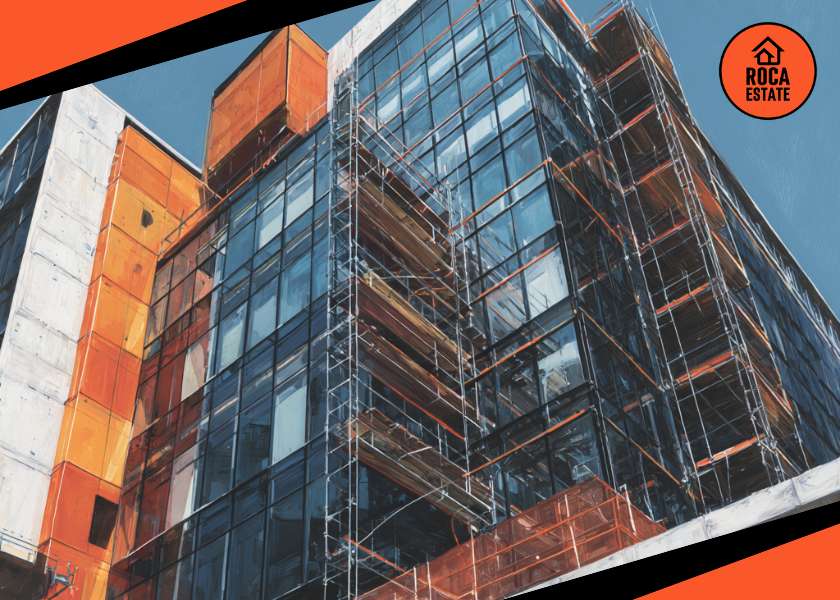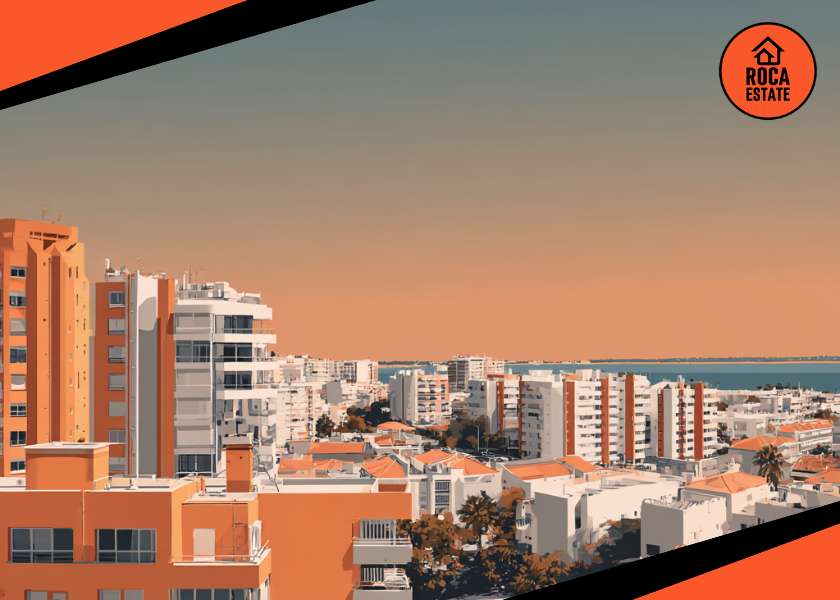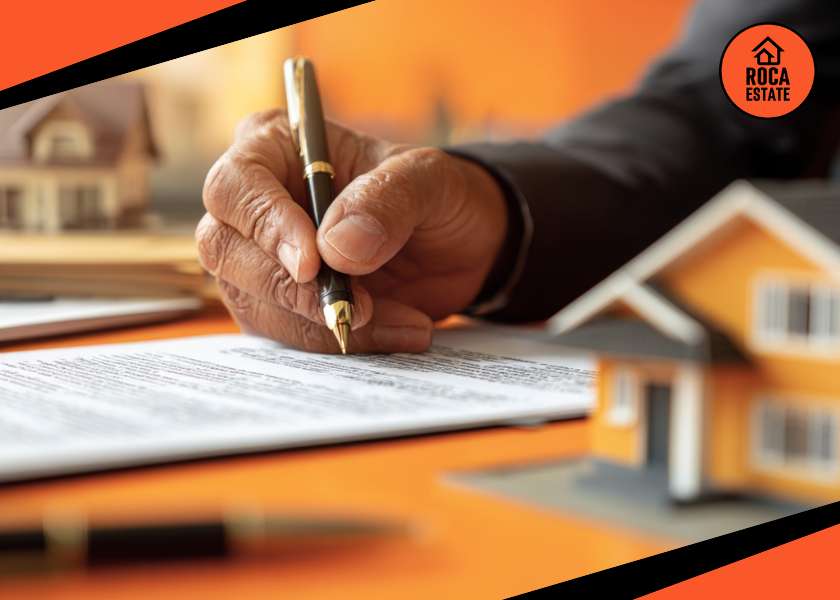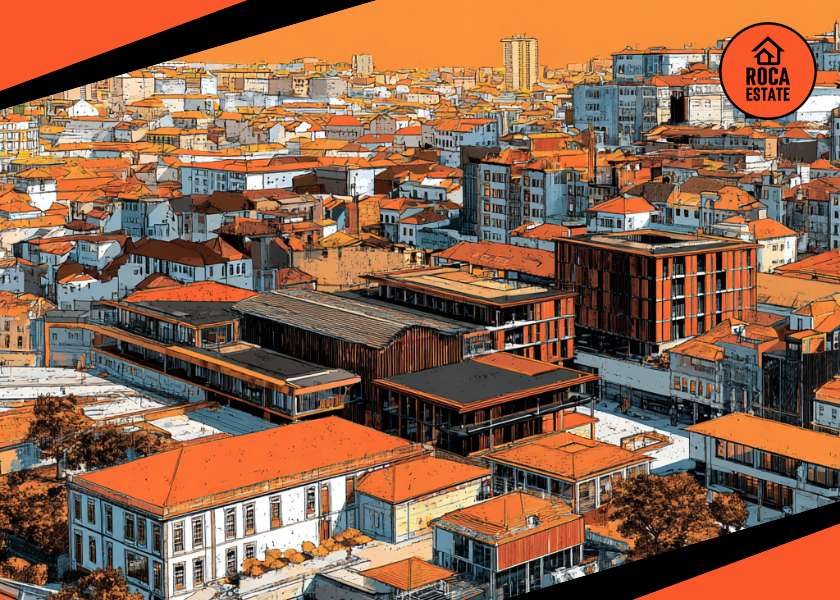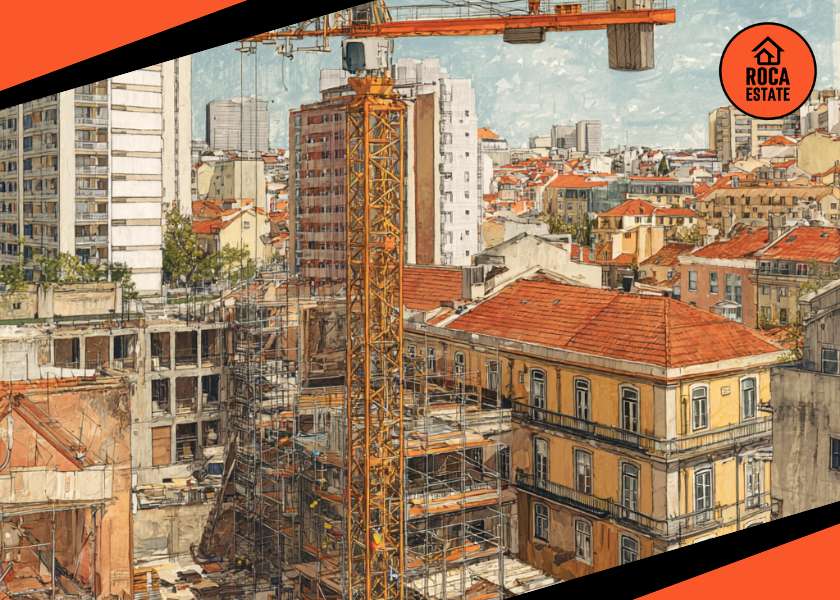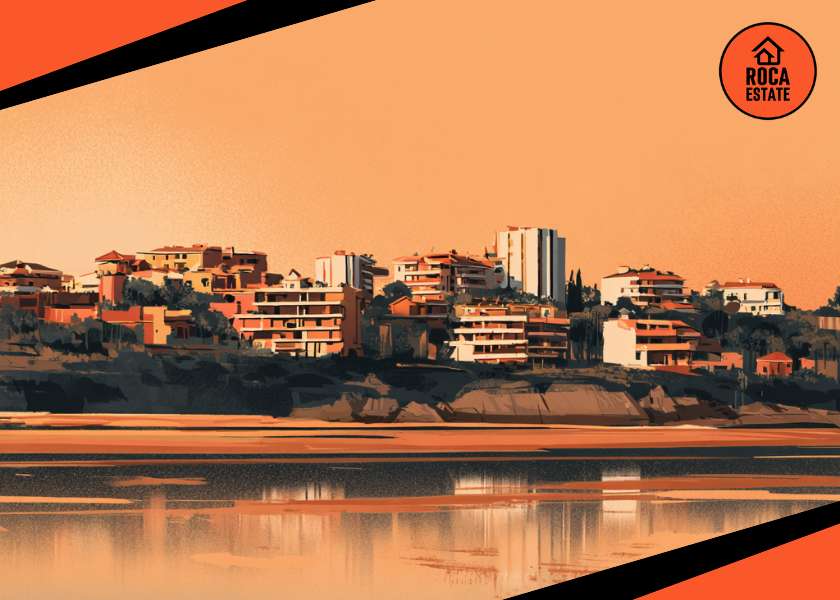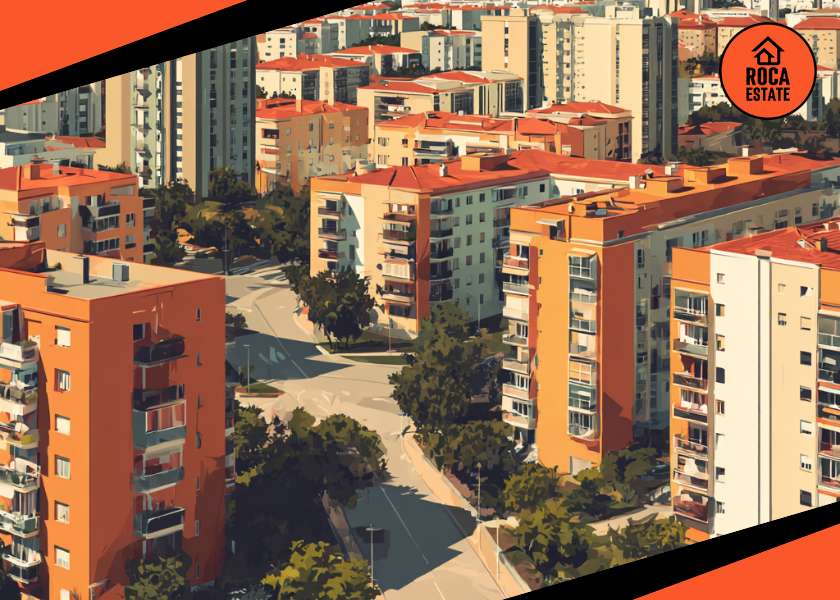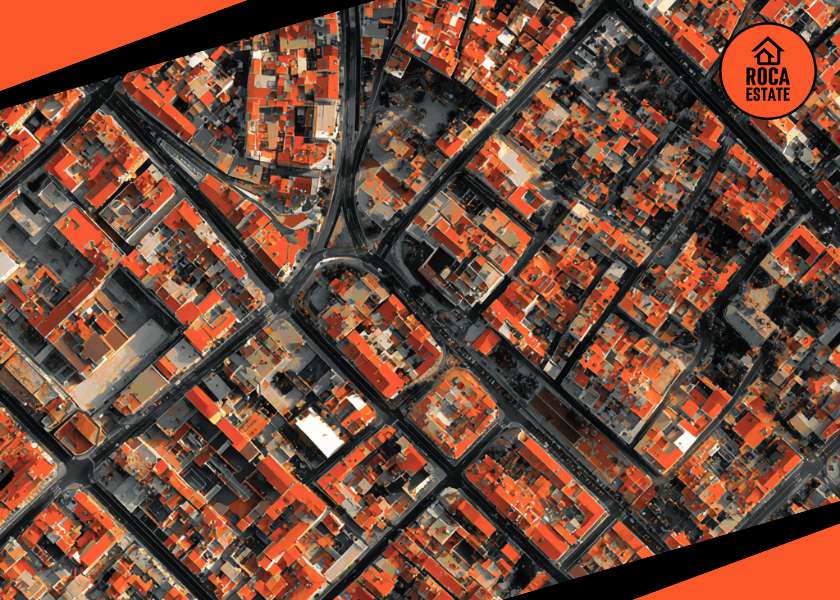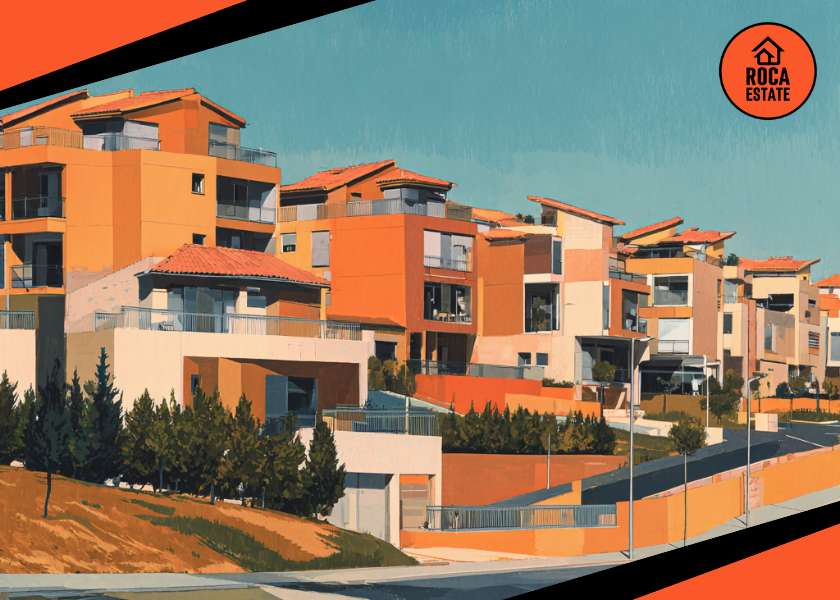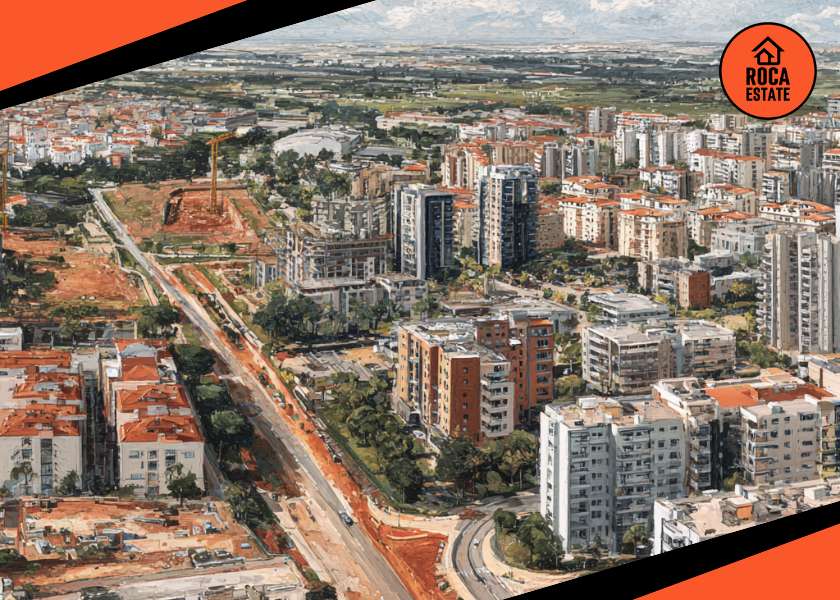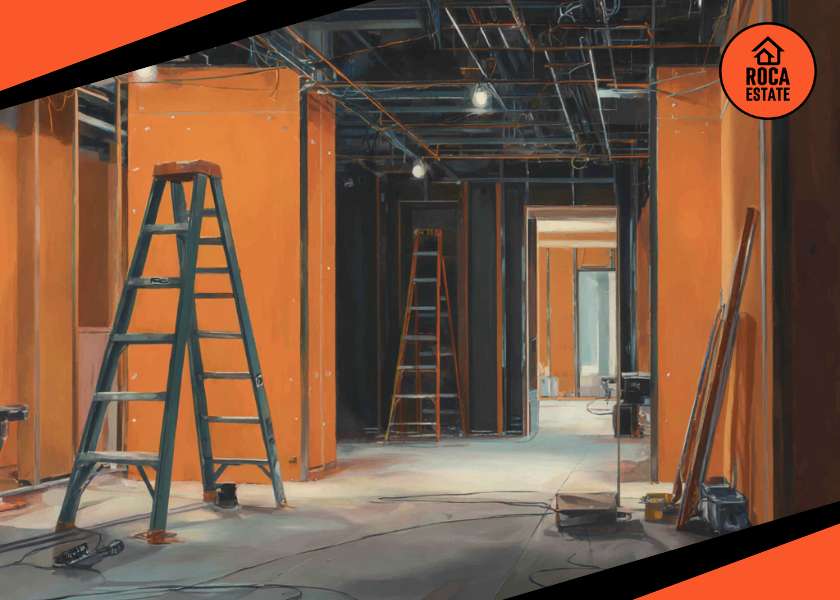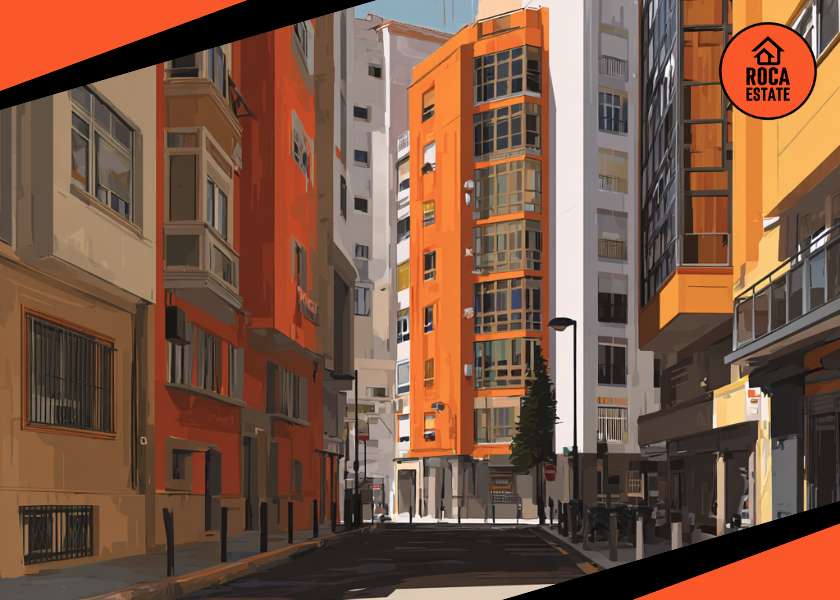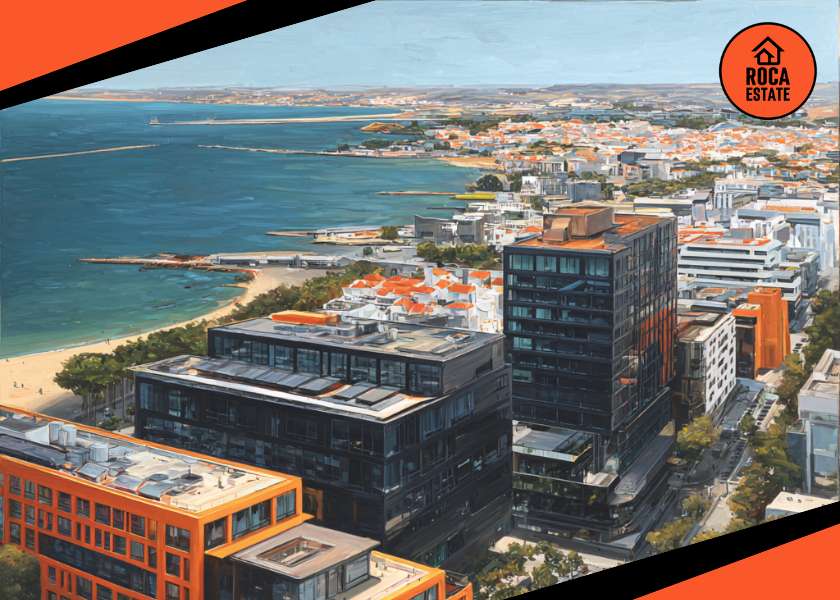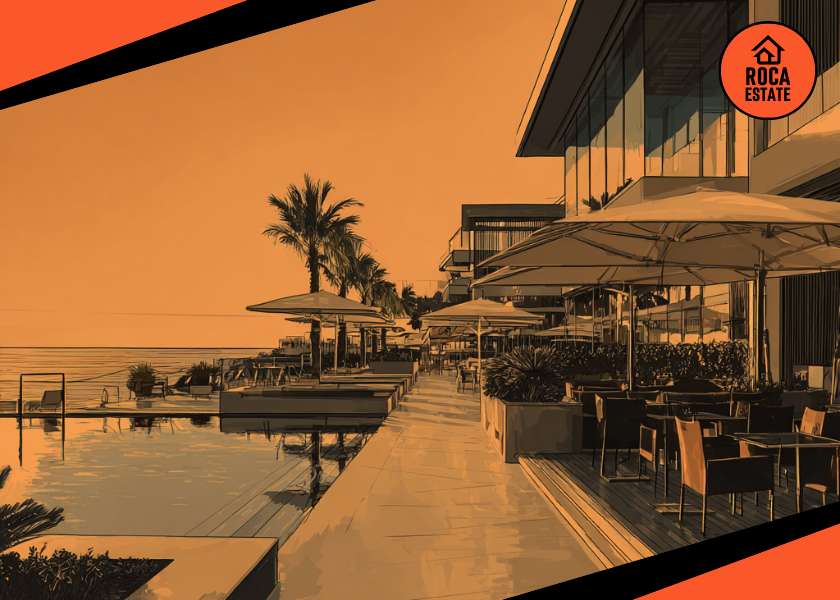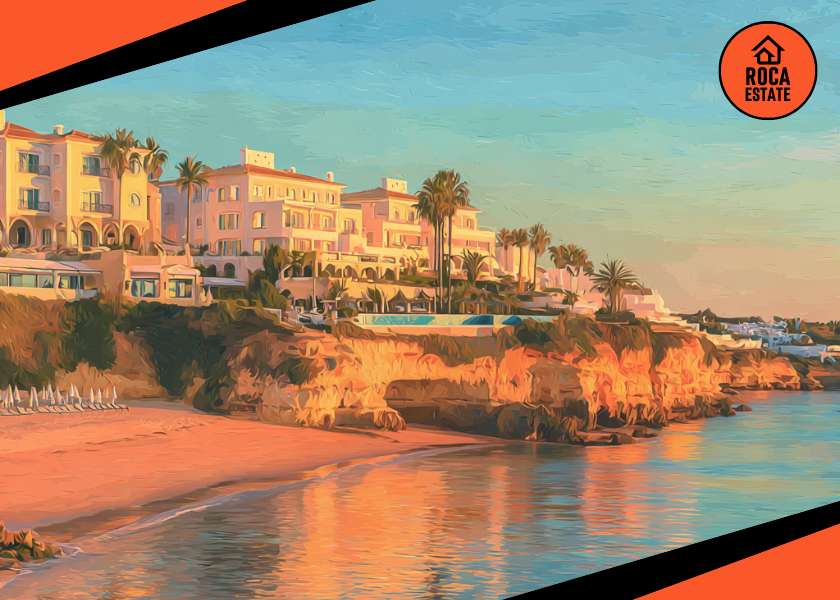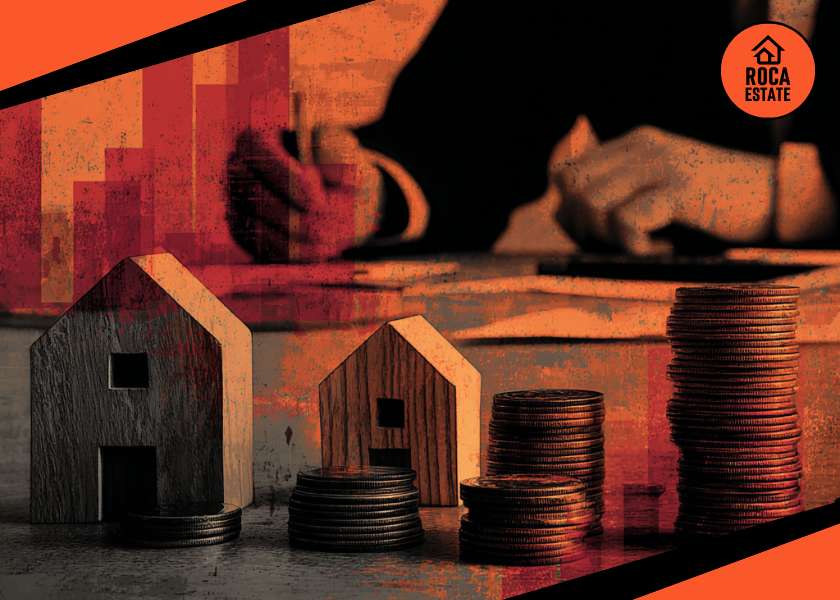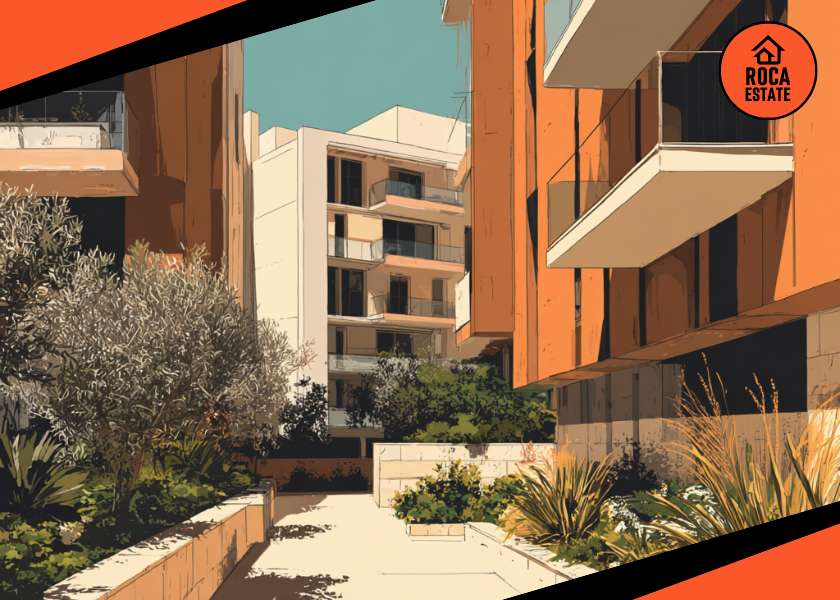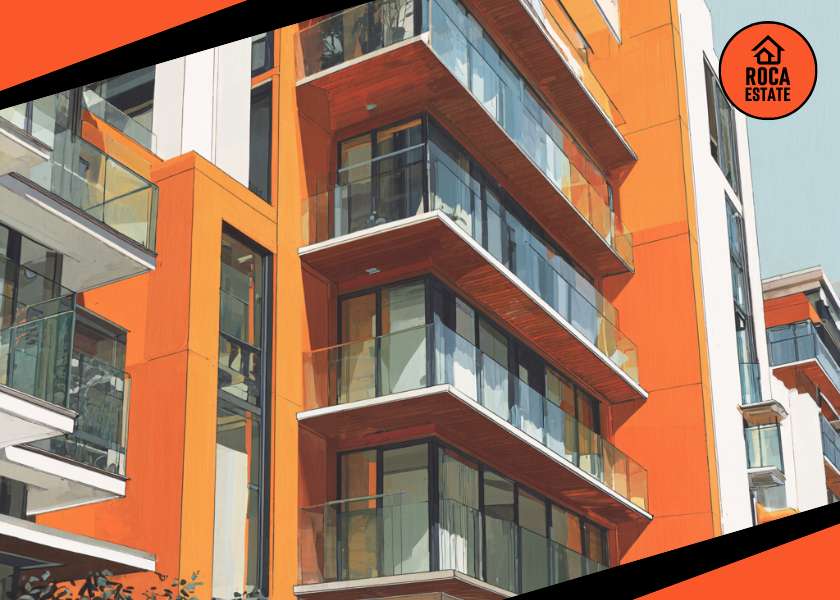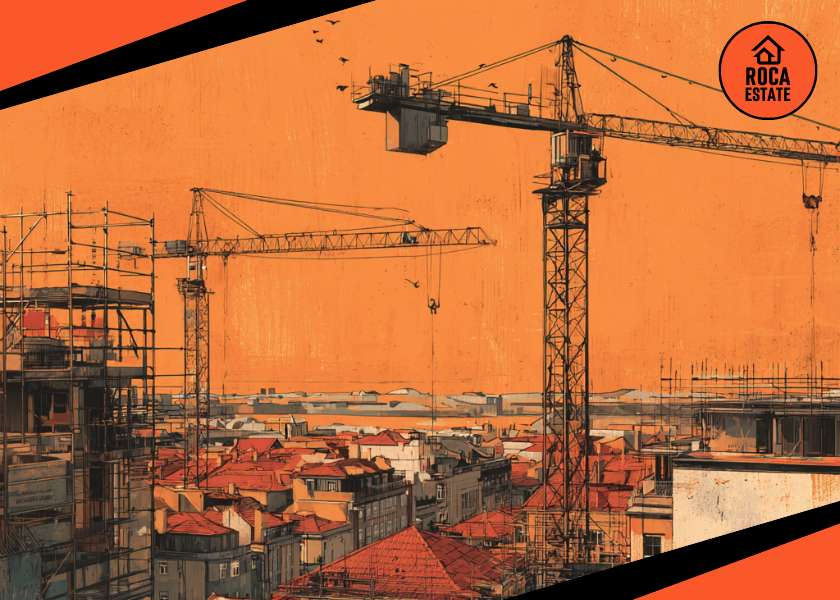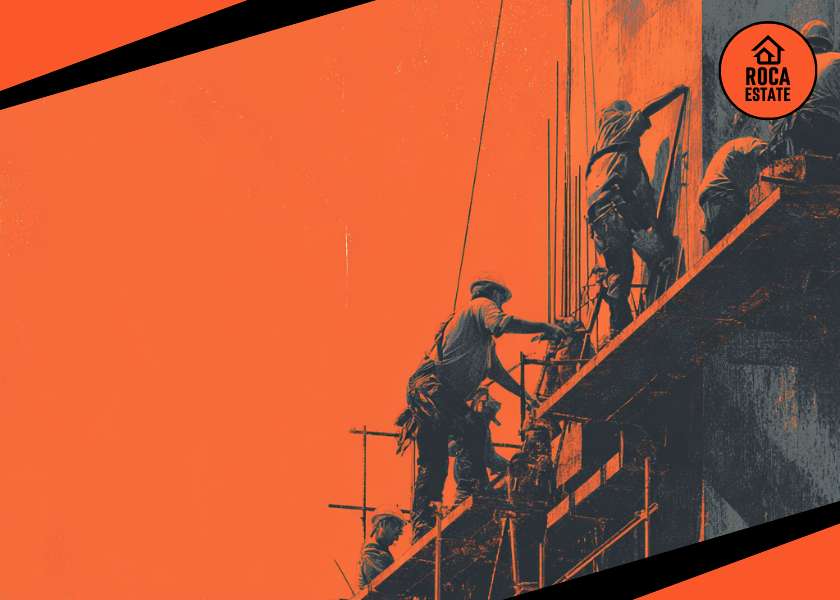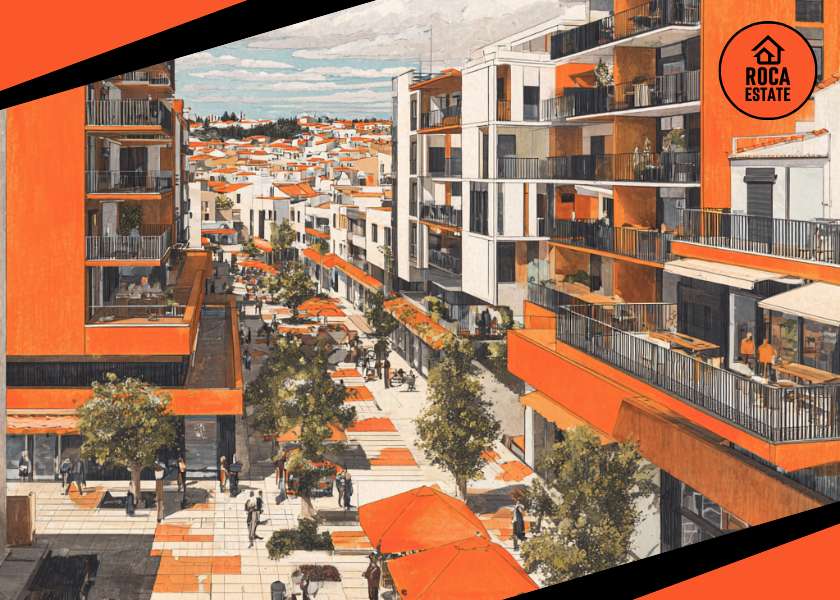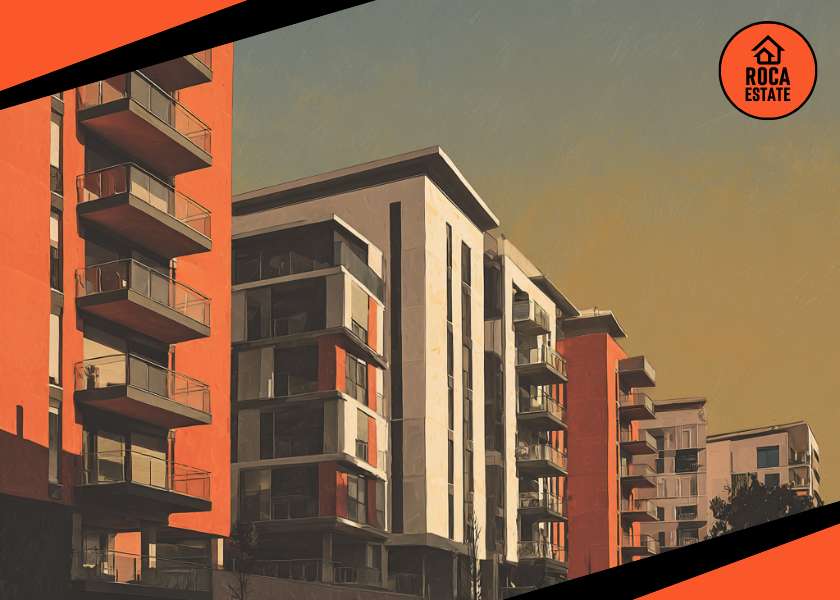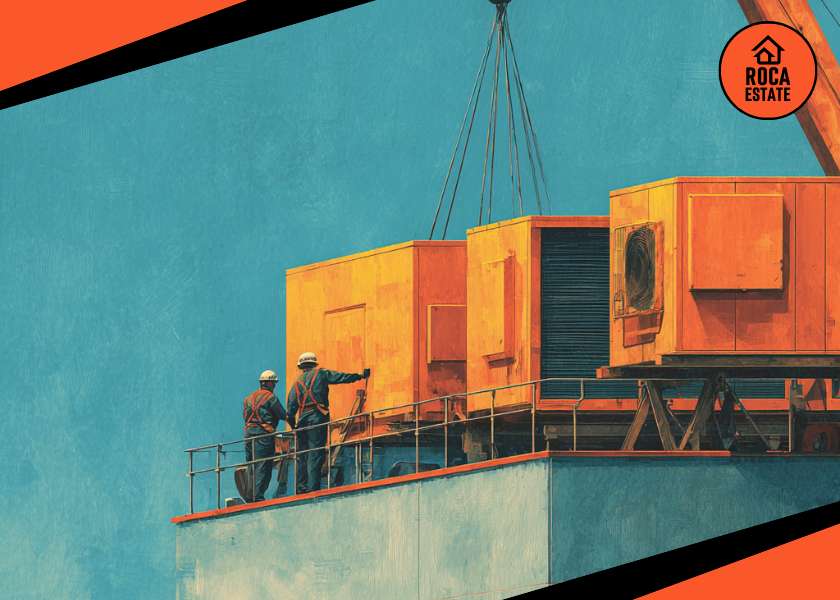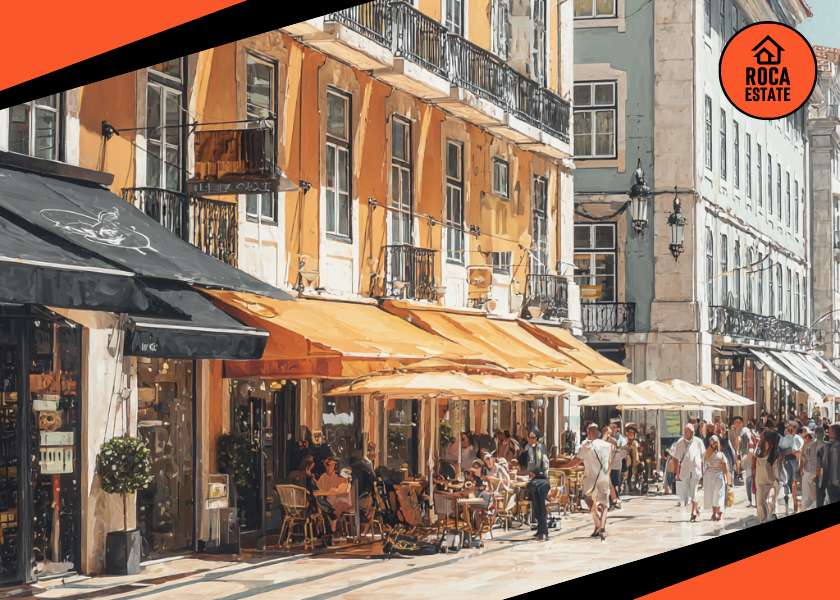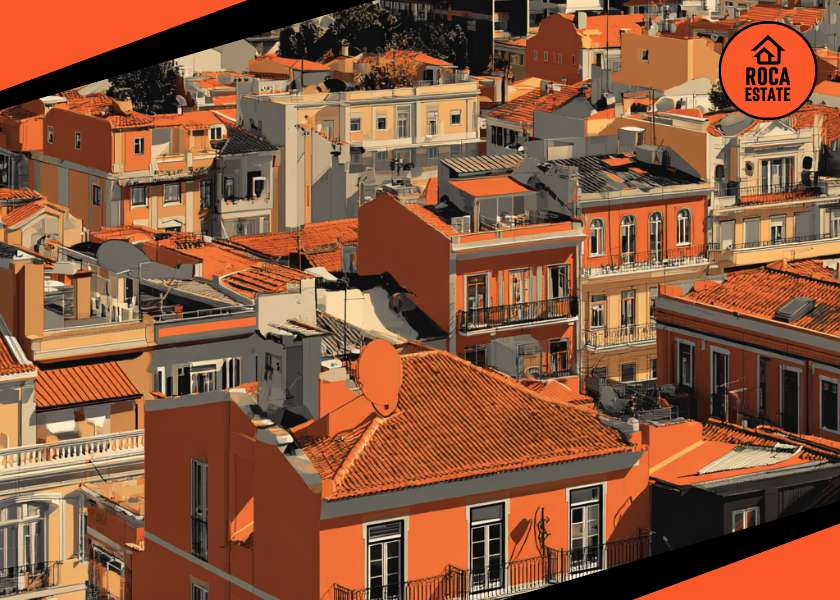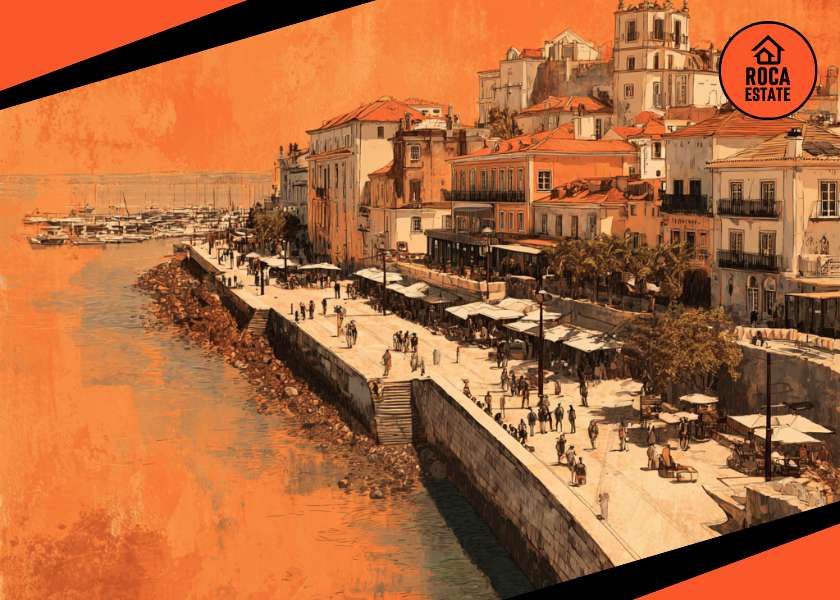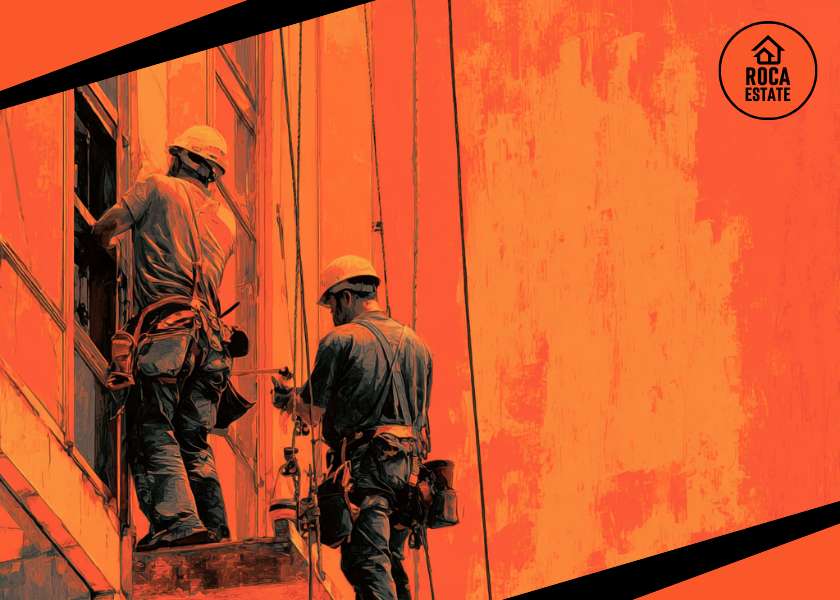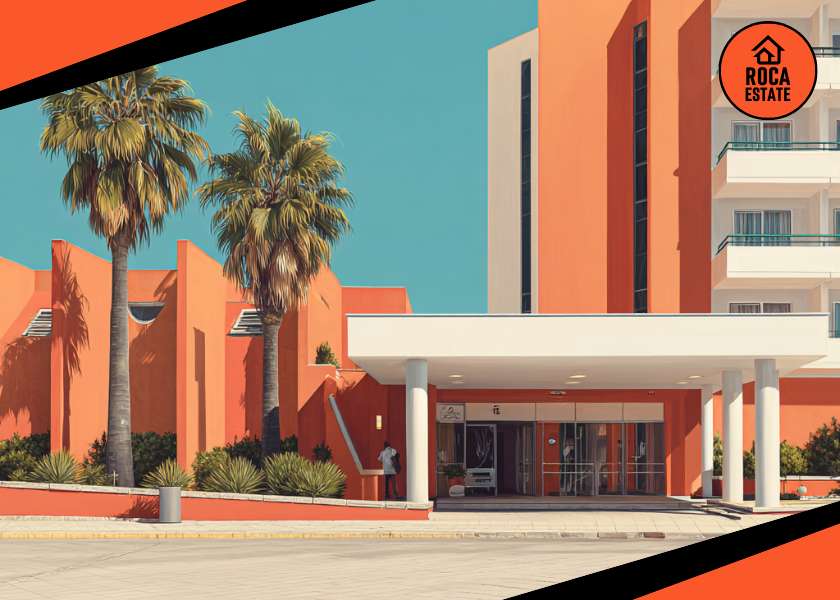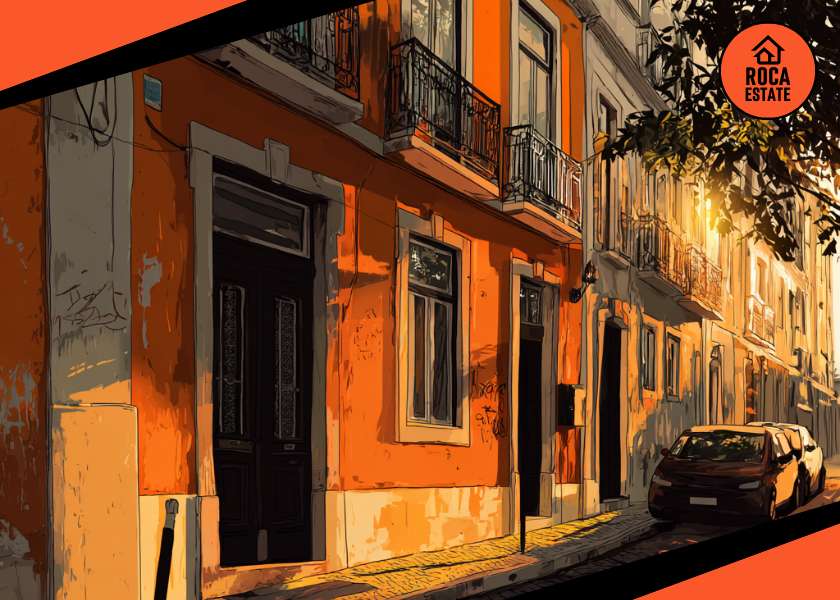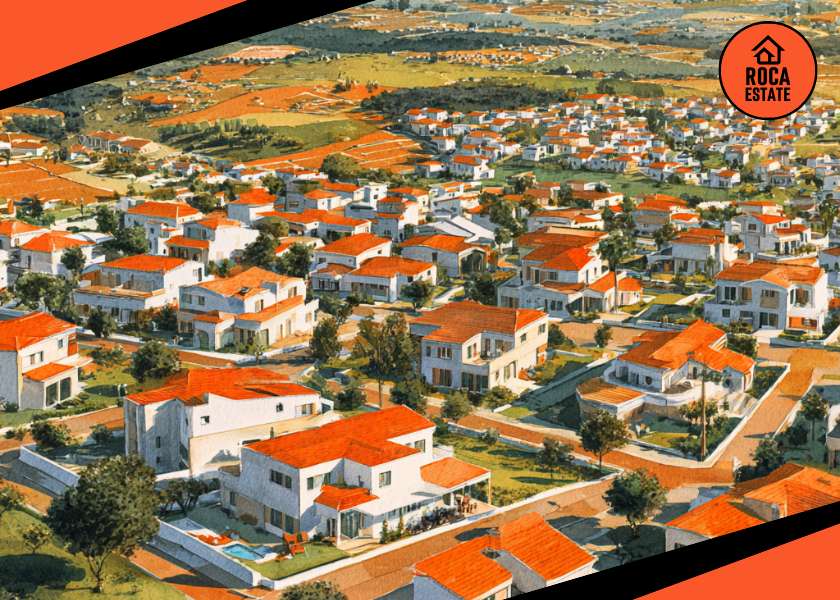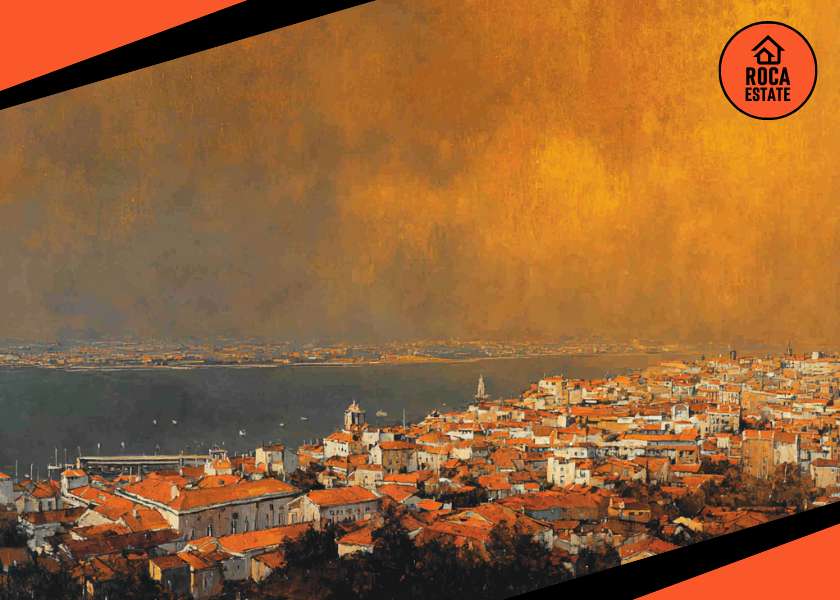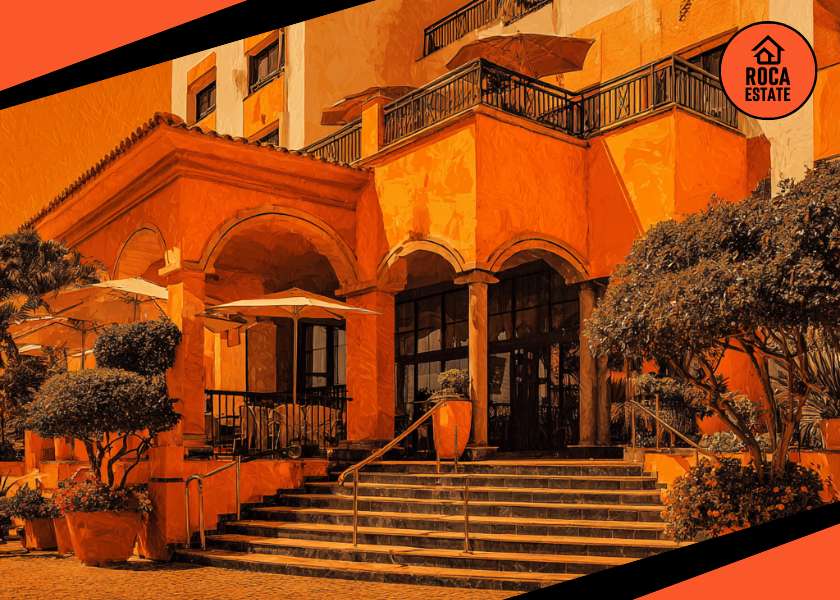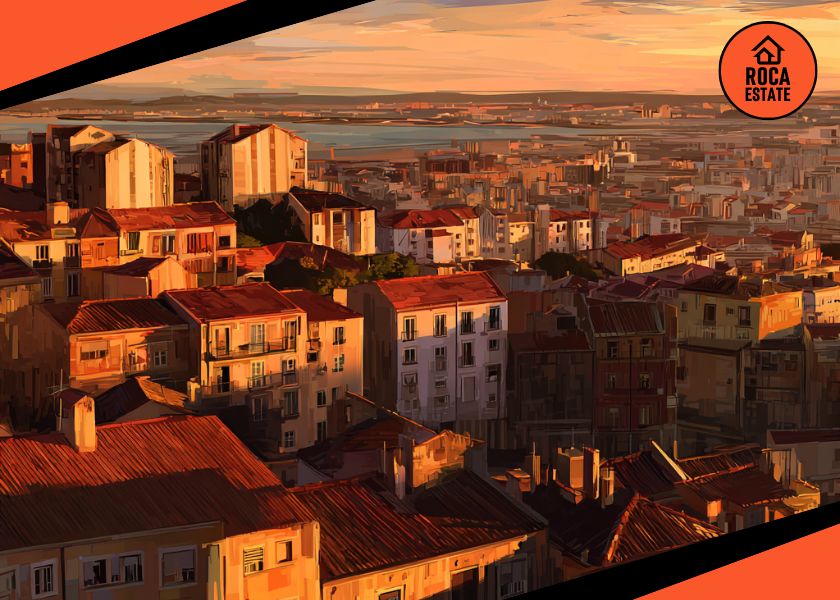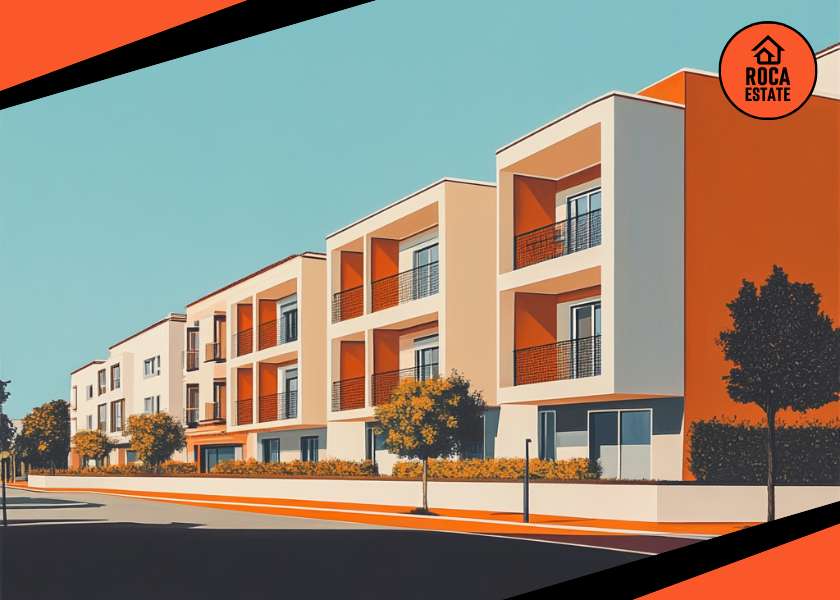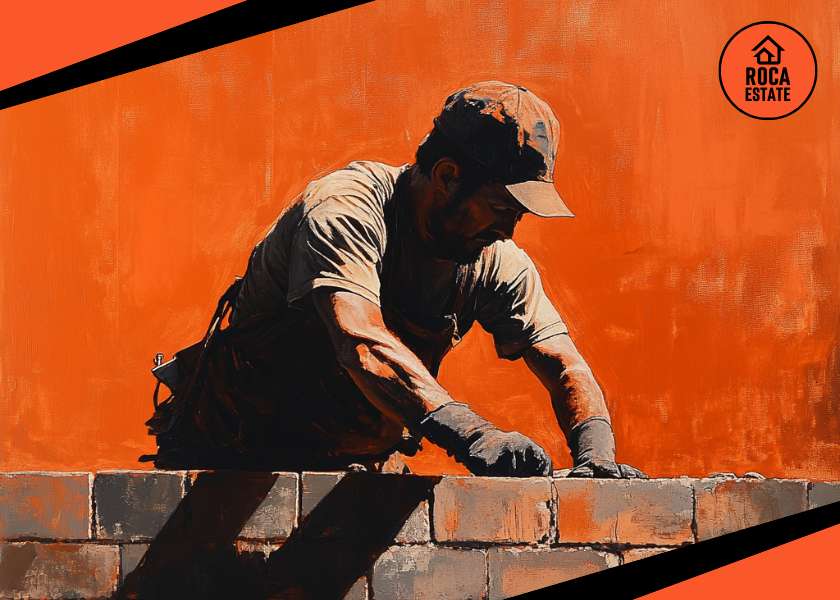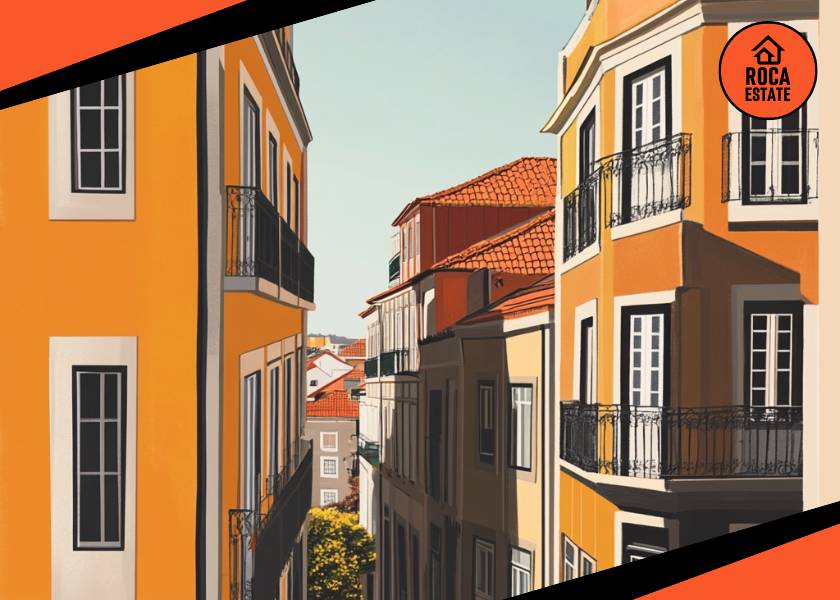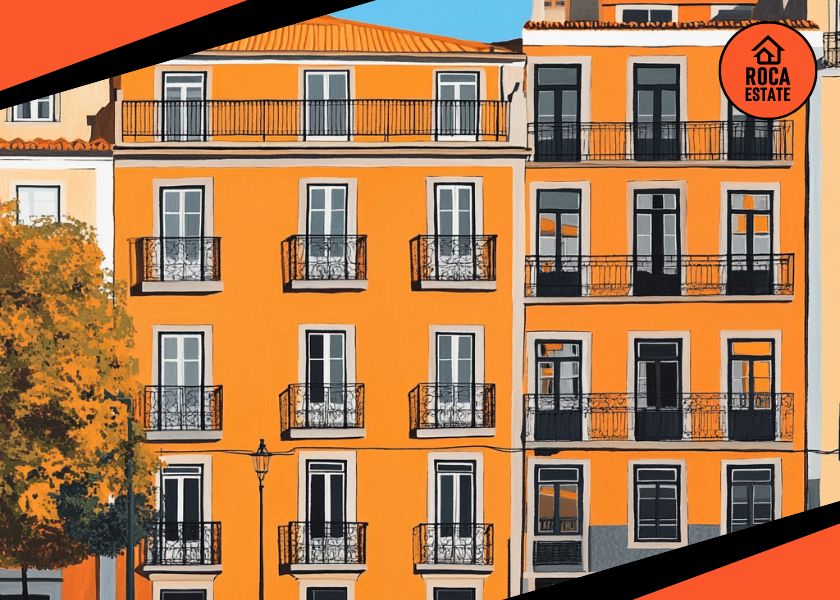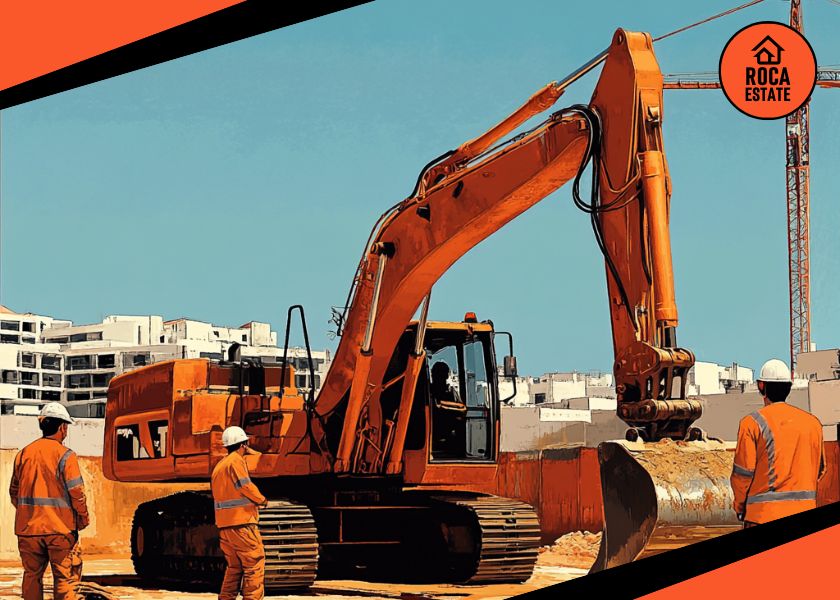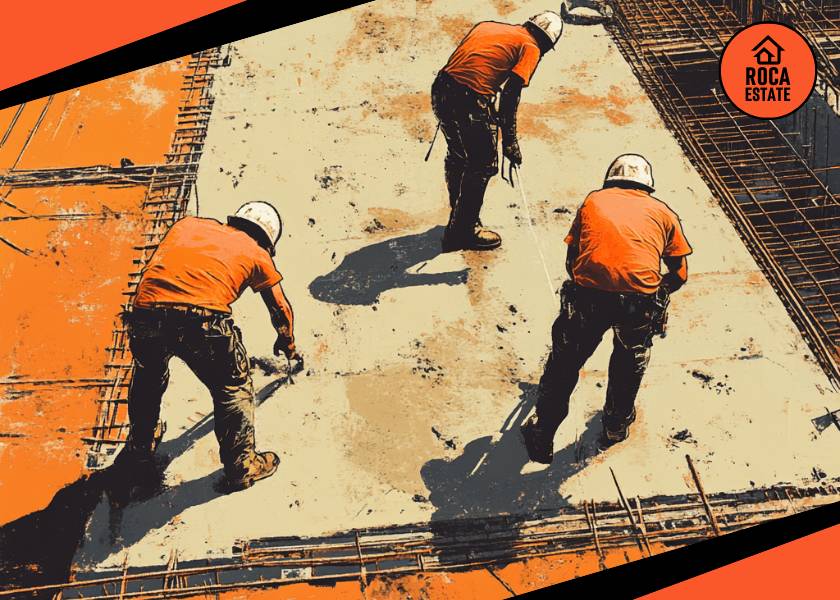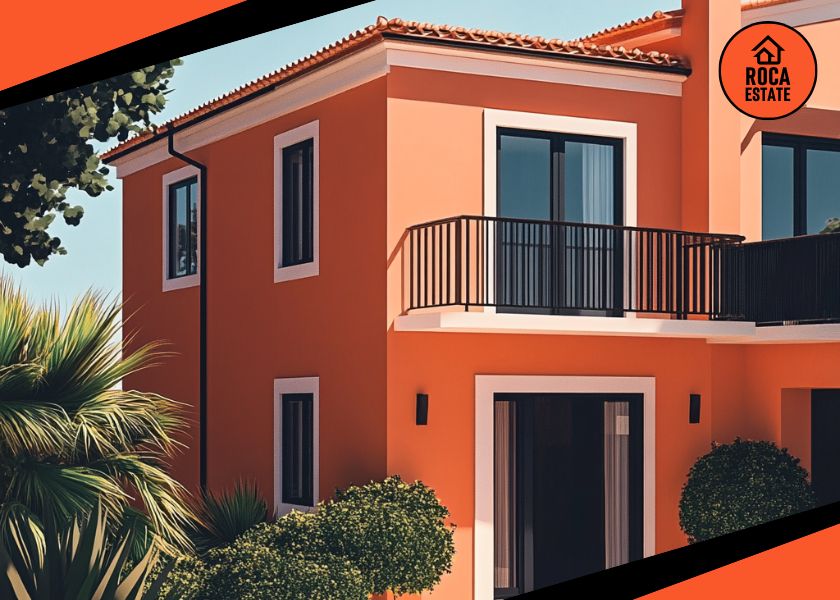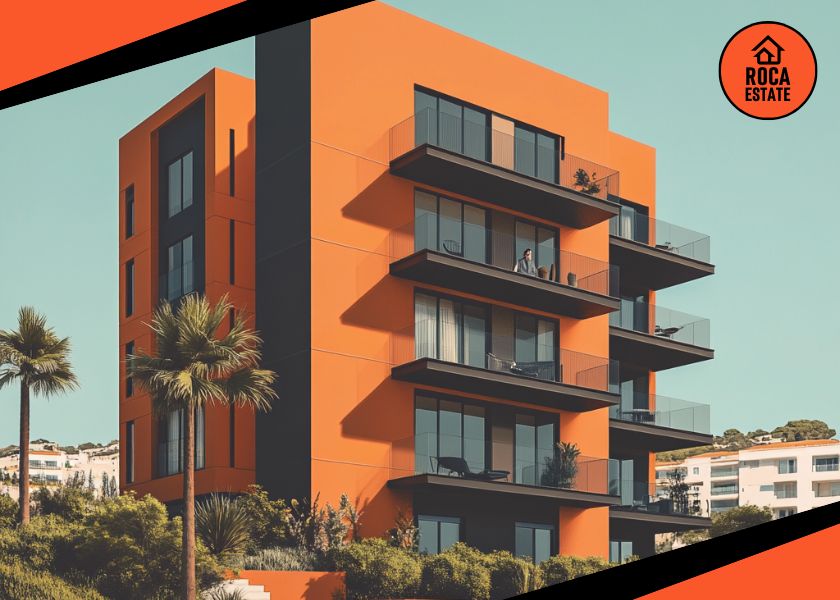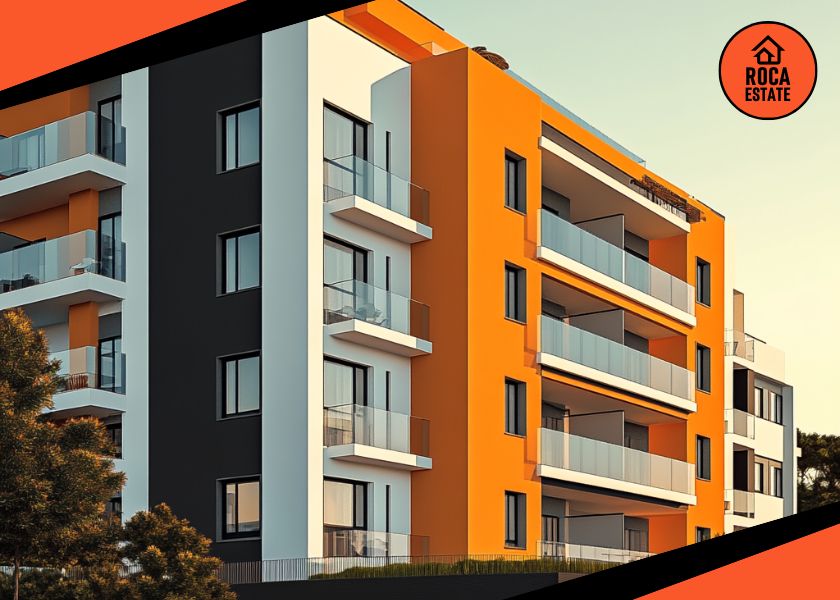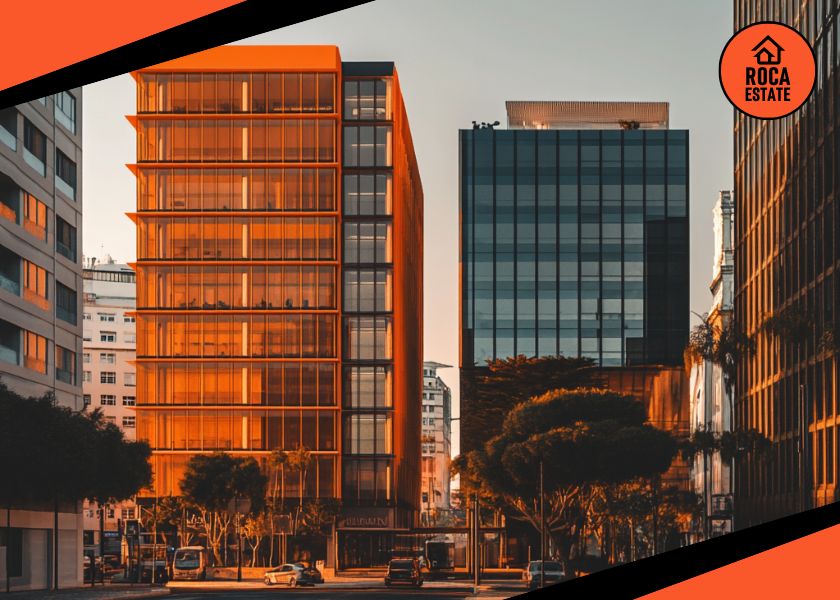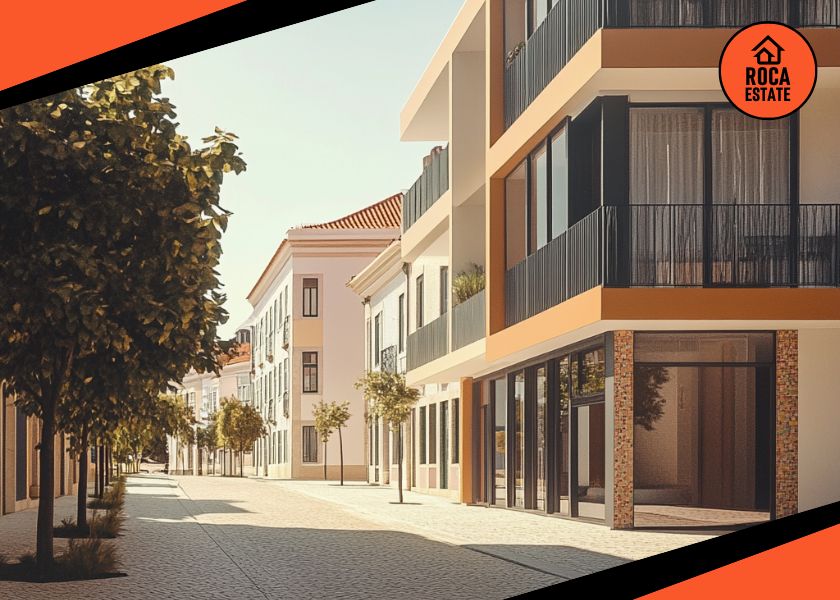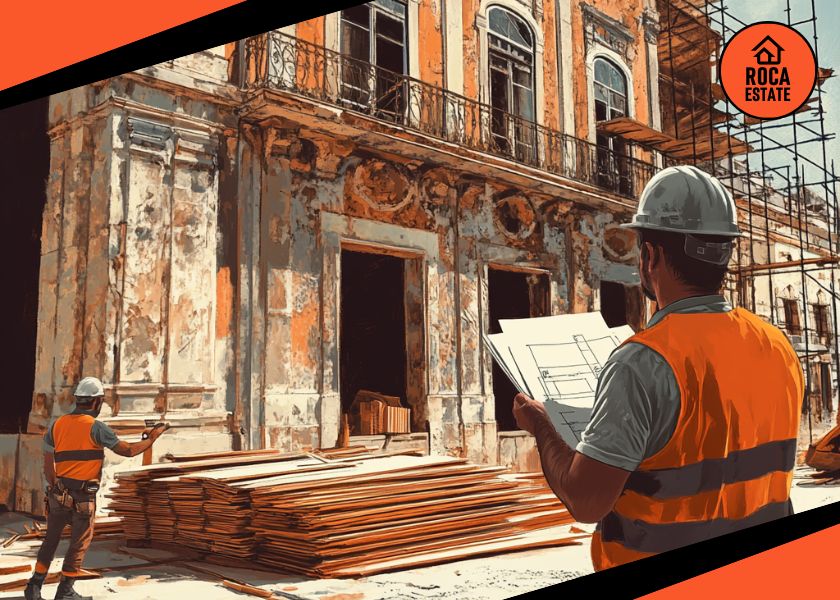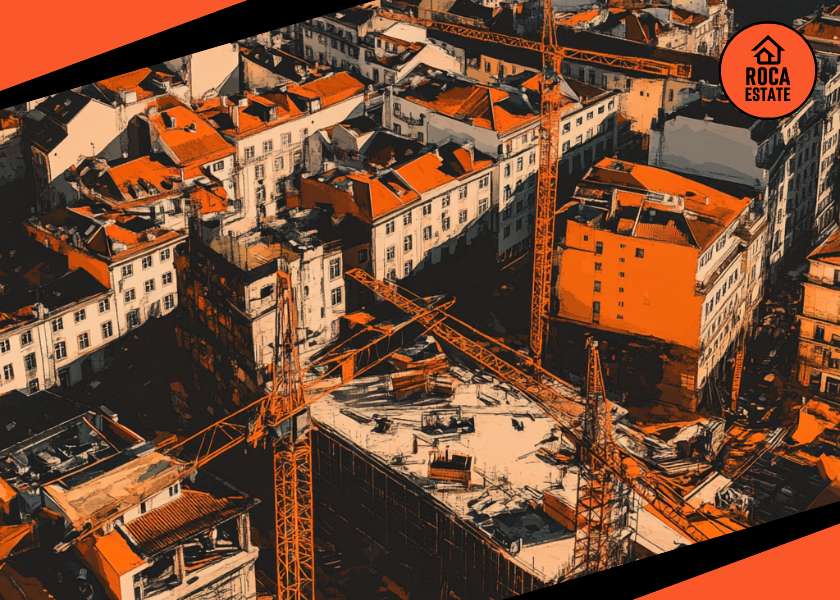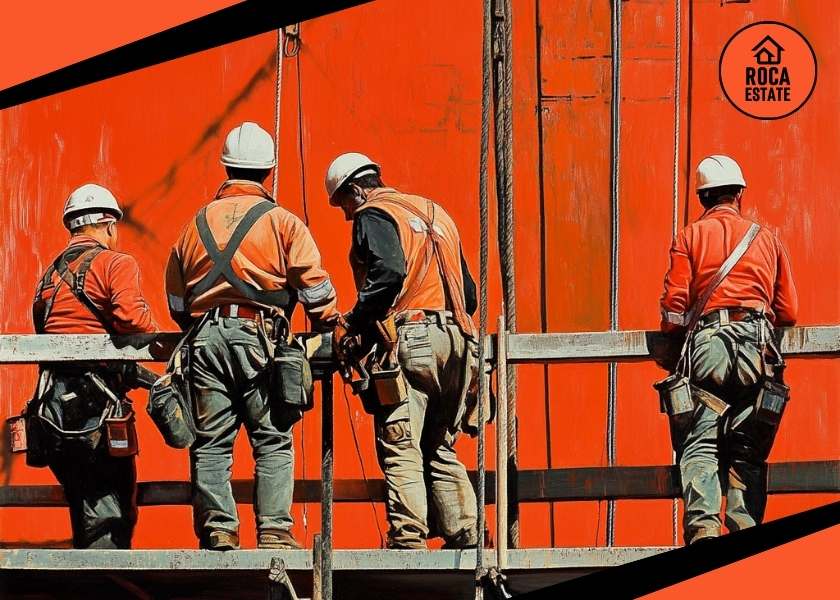When considering purchasing a new home, many people focus on the purchase price, mortgage payments, and other associated costs, but forget about the taxes that come along with ownership. Real estate owners, including those in Portugal, are subject to several different types of taxes. Understanding what taxes you will be required to pay as a property owner in Portugal is important when making a decision about purchasing a new home.
It’s essential to have a complete understanding of all the costs associated with homeownership, including taxes, in order to make an informed decision and plan for the future. Failing to take into account the tax implications of buying a property can result in unexpected financial responsibilities and challenges down the line. Therefore, it is important to consider all tax-related costs when evaluating the total cost of purchasing a property in Portugal.
Additionally, there may be tax benefits and incentives available for property owners in Portugal, such as tax deductions for mortgage interest payments, property renovation costs, or rental income. It is important to be aware of these benefits and incentives, as they can help offset some of the tax burden associated with owning property.
In order to fully understand the tax implications of purchasing a property in Portugal, it is advisable to seek the advice of a tax professional or financial advisor who has experience with Portuguese tax laws and regulations. They can provide guidance on the different taxes you will be required to pay, as well as any available tax benefits and incentives that may apply.
Taxes are an important factor to consider when purchasing a new home in Portugal. By taking the time to understand the different types of taxes you will be subject to, as well as any tax benefits and incentives available, you can make a more informed decision about the true cost of homeownership and plan for the future.
Municipal Tax (IMI):
The first type of tax that property owners in Portugal must pay is the Municipal Tax, also known as IMI. The IMI is based on the cadastral value of the property and is calculated as a percentage of that value. The tax rate can range from 0.3% to 0.8% and is determined by the municipality in which the property is located. The exact tax rate depends on various factors such as the type of property (e.g. apartment or house), its location, and its age.
Wealth Tax (AIMI):
Another tax that property owners in Portugal may be subject to is the Wealth Tax, also known as AIMI. This tax is only mandatory for property owners with properties worth over 600,000 euros. The tax rate for AIMI ranges from 0.7% to 1%.
Rental Income Tax:
If a property owner in Portugal chooses to rent out their property, they will be subject to Rental Income Tax. The Rental Income Tax is a flat rate of 25% of the rental income earned from the property. This tax must be paid annually and is calculated based on the rental income received during the year.
Additional Taxes and Fees:
It’s important to note that these are not the only taxes that property owners in Portugal may be required to pay. For example, if you own a property in Portugal and are not a resident of the country, you may also be required to pay non-resident income tax. Additionally, there may be other local taxes or fees that are specific to your municipality.

When making a decision about purchasing a new home in Portugal, it’s important to take into consideration the various taxes and fees that come along with ownership. While the IMI, AIMI, and Rental Income Tax may not seem like a large expense, they can add up over time and can have a significant impact on your overall cost of ownership. It’s recommended that you consult with a tax professional or real estate agent who has experience in the Portuguese real estate market to determine the estimated costs of ownership for a particular property.

